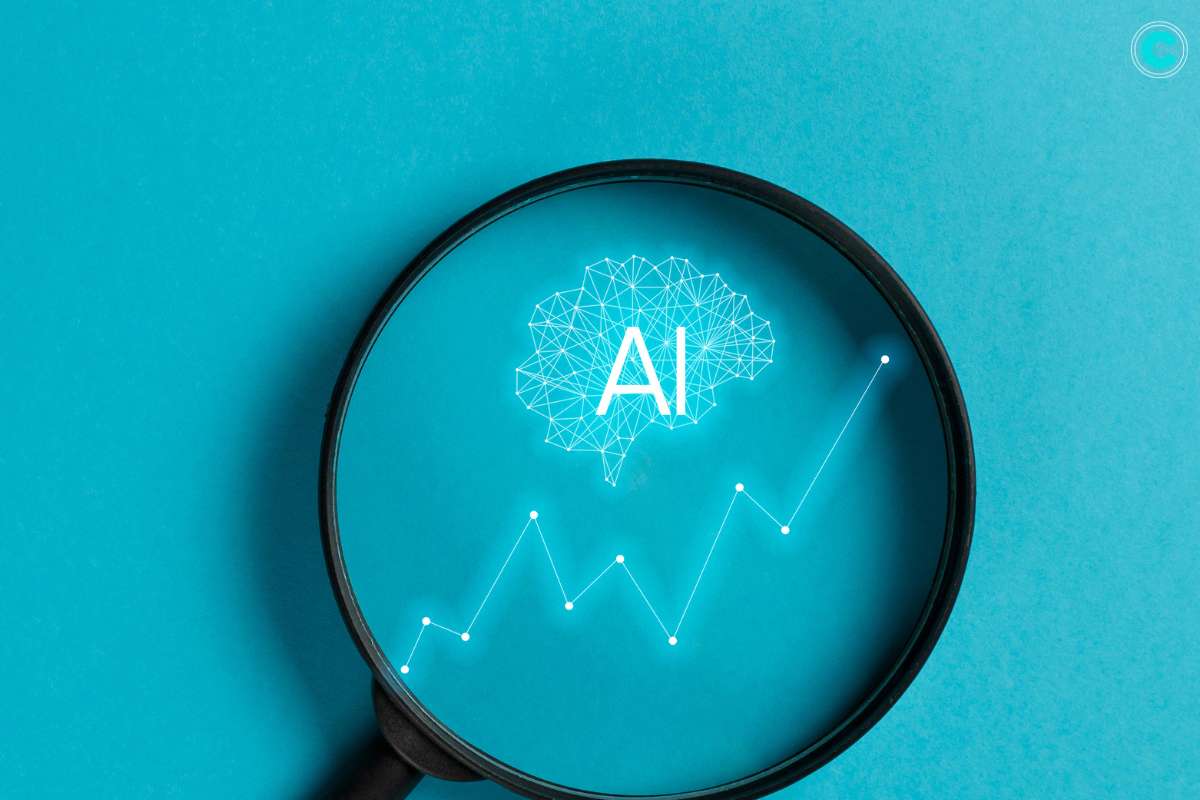In the dynamic world of machine learning, the quest for more effective models and algorithms is unending. Among the many approaches, analytical learning stands out as a powerful methodology, adding depth and precision to the ever-growing realm of artificial intelligence. In this article, we delve into the intricacies of analytical learning in machine learning, examining its significance, applications, and how it contributes to the evolution of intelligent systems.
Understanding Analytical Learning in Machine Learning:
Analytical learning, within the context of machine learning, refers to the process of extracting meaningful insights and patterns from data through advanced analytical techniques. Unlike traditional methods that rely on predefined rules, analytical learning emphasizes the development of models capable of learning and adapting to diverse datasets. This adaptive nature allows these models to make informed predictions and decisions based on the patterns they identify.
The Core Components of Analytical Learning:
1. Data Analysis:
Analytical learning begins with a comprehensive analysis of data. This involves exploring the dataset, identifying patterns, and understanding the relationships between variables. Analytical learning in machine learning is crucial at this stage to emphasize the central theme of our discussion.
2. Feature Engineering:
Feature engineering plays a pivotal role in enhancing the performance of analytical learning models. By selecting and transforming relevant features, machine learning algorithms become more adept at recognizing patterns, contributing to improved accuracy and efficiency.
3. Model Training:
The heart of analytical learning lies in model training. During this phase, algorithms learn from the provided data, adjusting their parameters to optimize performance. Regular use of the keyword reinforces the focus on analytical learning within the machine learning context.
4. Predictive Analysis:
Once trained, analytical learning models excel at predictive analysis. They can make accurate predictions based on new, unseen data, making them invaluable in various applications, from finance to healthcare.
Applications of Analytical Learning:

Analytical learning finds applications across diverse domains, showcasing its versatility and effectiveness. Here are a few notable areas:
1. Finance:
Analytical learning is employed to analyze market trends, predict stock prices, and identify investment opportunities. The ability to adapt to changing market conditions makes it a valuable tool for financial analysts.
2. Healthcare:
In the healthcare sector, analytical learning aids in disease diagnosis, predicting patient outcomes, and optimizing treatment plans. The continuous learning aspect allows models to adapt to new medical findings.
3. Marketing:
Analytical learning is extensively used in marketing for customer segmentation, personalized recommendations, and predicting consumer behavior. This helps businesses tailor their strategies to meet specific customer needs.
4. Fraud Detection:
In cybersecurity, analytical learning is crucial for detecting fraudulent activities. By learning from historical data, models can identify anomalies and flag potential security threats.
5. Manufacturing:

Analytical learning enhances efficiency in manufacturing processes by predicting equipment failures, optimizing production schedules, and ensuring quality control. This proactive approach minimizes downtime and reduces costs.
Advancements in Analytical Learning:
As technology continues to evolve, so too does analytical learning. Recent advancements have further enhanced its capabilities, opening up new possibilities in various domains:
1. Deep Learning Integration:
Integrating deep learning techniques with analytical learning has led to significant improvements in model performance and accuracy. Deep learning models, with their ability to learn complex representations, complement analytical learning frameworks, enabling more robust predictions.
2. Reinforcement Learning Applications:
Analytical learning combined with reinforcement learning has revolutionized autonomous systems, allowing them to learn and adapt in real-time environments. This synergy has paved the way for innovations in robotics, autonomous vehicles, and gaming.
3. Explainable AI:

Addressing the challenge of model interpretability, researchers are actively exploring techniques to make analytical learning models more transparent and understandable. Explainable AI methods provide insights into model decisions, fostering trust and facilitating domain-specific applications.
4. Federated Learning:
In scenarios where data privacy is paramount, federated learning offers a solution by enabling model training across distributed datasets without centralized data collection. This approach preserves data privacy while harnessing collective knowledge from diverse sources.
FAQs (Frequently Asked Questions)
1. How does analytical learning differ from traditional machine learning?
Analytical learning focuses on dynamic model adaptation, learning from data without relying heavily on predefined rules. Traditional machine learning, in contrast, often follows rigid rule-based approaches.
2. Can analytical learning models adapt to changing datasets?
Yes, one of the strengths of analytical learning is its adaptability. Models can continuously learn and adjust to evolving datasets, ensuring sustained accuracy.
3. What role does data quality play in analytical learning?
Data quality is paramount in analytical learning. High-quality, well-curated data ensures that models learn meaningful patterns, leading to more accurate predictions.
4. Are there limitations to analytical learning in machine learning?
While powerful, analytical learning models may face challenges with interpretability, requiring careful consideration in applications where understanding model decisions is crucial.
5. How can businesses implement analytical learning effectively?
Successful implementation involves investing in quality data, leveraging powerful algorithms, and regularly updating models to adapt to changing business environments.
Conclusion:
Analytical learning in machine learning emerges as a dynamic and indispensable approach, driving advancements across various industries. Its adaptive nature and predictive capabilities position it as a key player in shaping the future of intelligent systems. As we continue to explore the vast potential of analytical learning, its impact on the ever-evolving landscape of machine learning becomes increasingly apparent. With ongoing research and innovation, analytical learning promises to unlock new frontiers in artificial intelligence, empowering us to tackle complex challenges and create transformative solutions.






